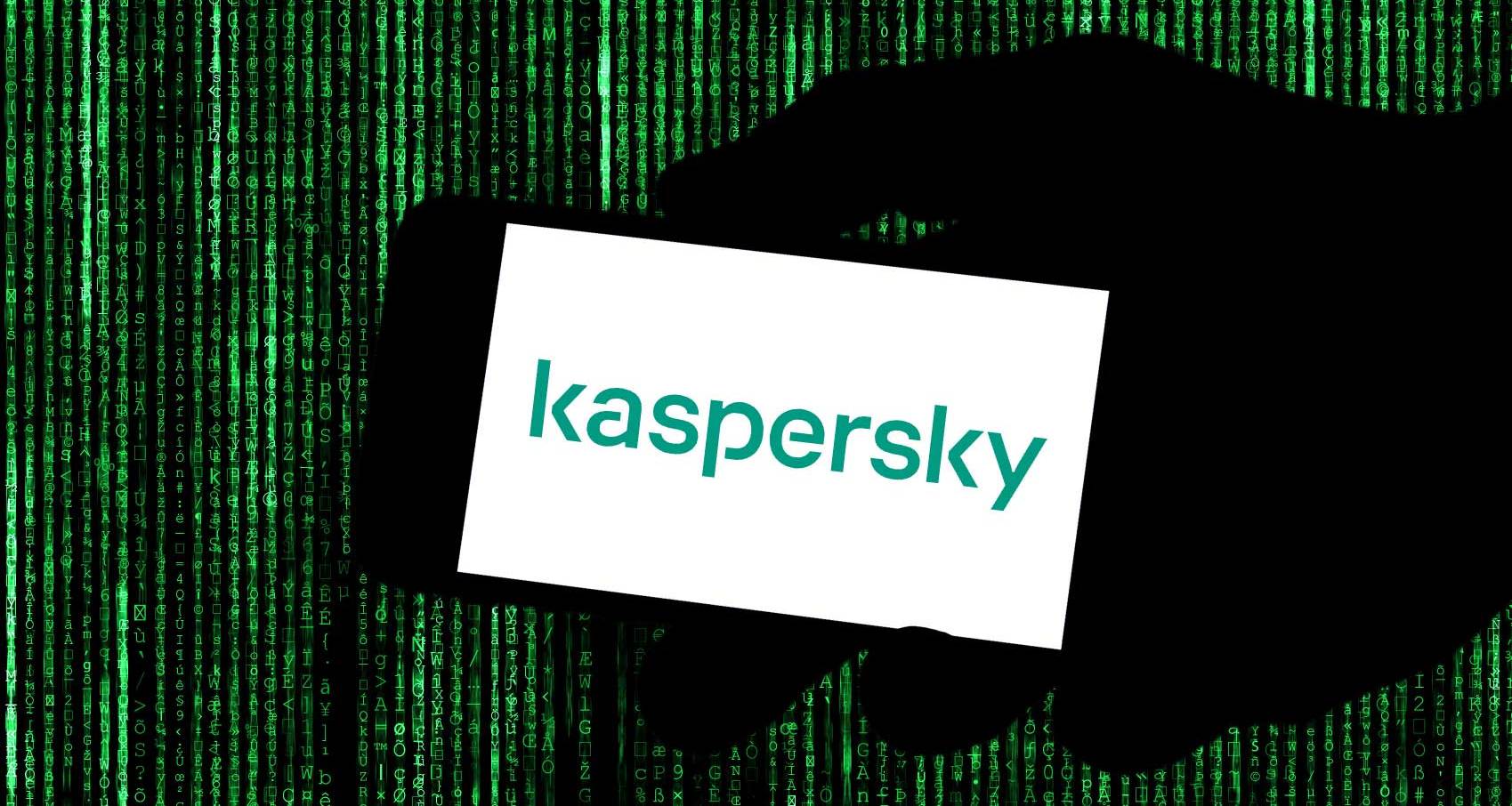On June 20, 2024, the United States announced its decision to ban the use of Kaspersky antivirus software, a well-known Russian cybersecurity product. The ban applies to all Americans, both at home and abroad, due to the company’s potential links with the Russian government and associated national security risks.
Details of the ban
The U.S. Department of Commerce issued a statement saying that Kaspersky Lab and its affiliated entities would no longer be able to sell their products or provide updates to existing software in the United States. This restriction is intended to mitigate the threat posed by the company’s alleged links with Russian intelligence services. The ban does, however, allow Kaspersky to continue certain activities until September 29, 2024, giving customers time to switch to other cybersecurity solutions.
Kaspersky’s response
Kaspersky has strongly condemned the US decision, describing it as influenced by the current geopolitical climate and based on unfounded fears. The company asserts its independence from government influence and stresses that its cybersecurity information services are not affected by the ban. Kaspersky plans to take legal action to challenge the ban, as it has repeatedly proven its operational independence and transparency.
Historical background and previous actions
This is not the first time Kaspersky has faced restrictions in the United States. In 2017, the Department of Homeland Security issued a directive prohibiting federal agencies from using Kaspersky products. This action was then reinforced by the National Defense Authorization Act signed by President Donald Trump, which banned the use of Kaspersky software in all government systems. In 2022, the Federal Communications Commission added Kaspersky to its list of communications equipment and services that pose a threat to national security.
International implications
Concerns about Kaspersky are not limited to the USA. Several European countries have also expressed reservations about the use of Kaspersky products. Germany, for example, advised against the use of Kaspersky antivirus shortly after Russia invaded Ukraine in 2022, citing potential cybersecurity risks. Similarly, Italy opened an investigation and Canada banned the use of Kaspersky tools by its civil servants.
Transparency and data relocation efforts
In an attempt to regain trust, Kaspersky launched a global transparency initiative in 2017, relocating part of its core infrastructure to Switzerland. By 2020, Kaspersky had completed the relocation of its foreign customers’ data to Switzerland, ensuring greater oversight and third-party verification of its operations.
The US ban on Kaspersky antivirus reflects current cybersecurity and national security concerns amid heightened geopolitical tensions. While Kaspersky continues to assert its independence and commitment to transparency, the international reaction reflects a more general unease about cybersecurity products from companies perceived to be under the influence of the Russian government.
Photo credits: gguy – adobestock.com








